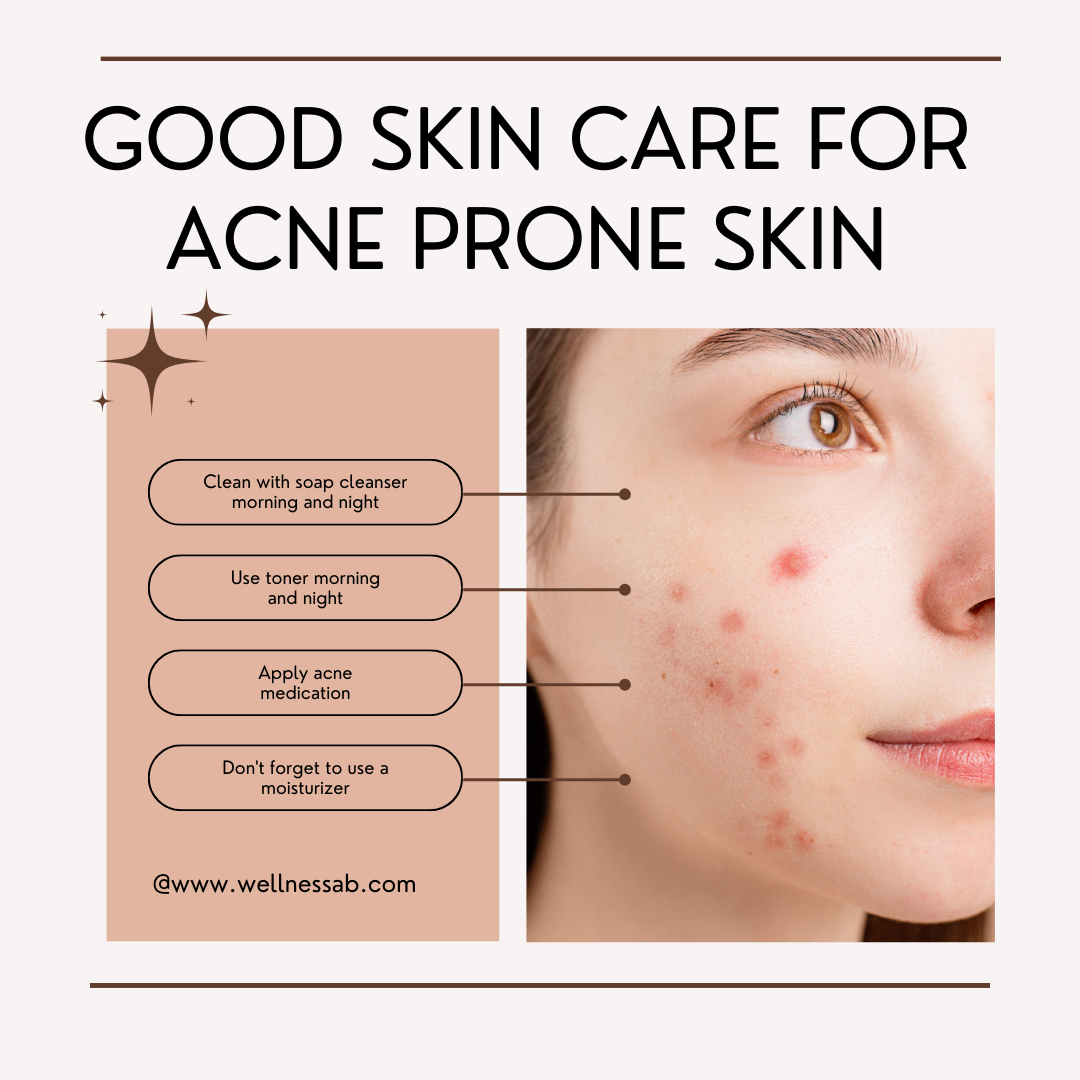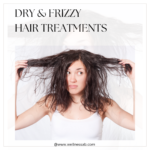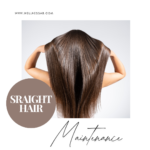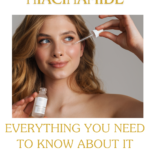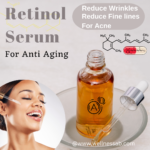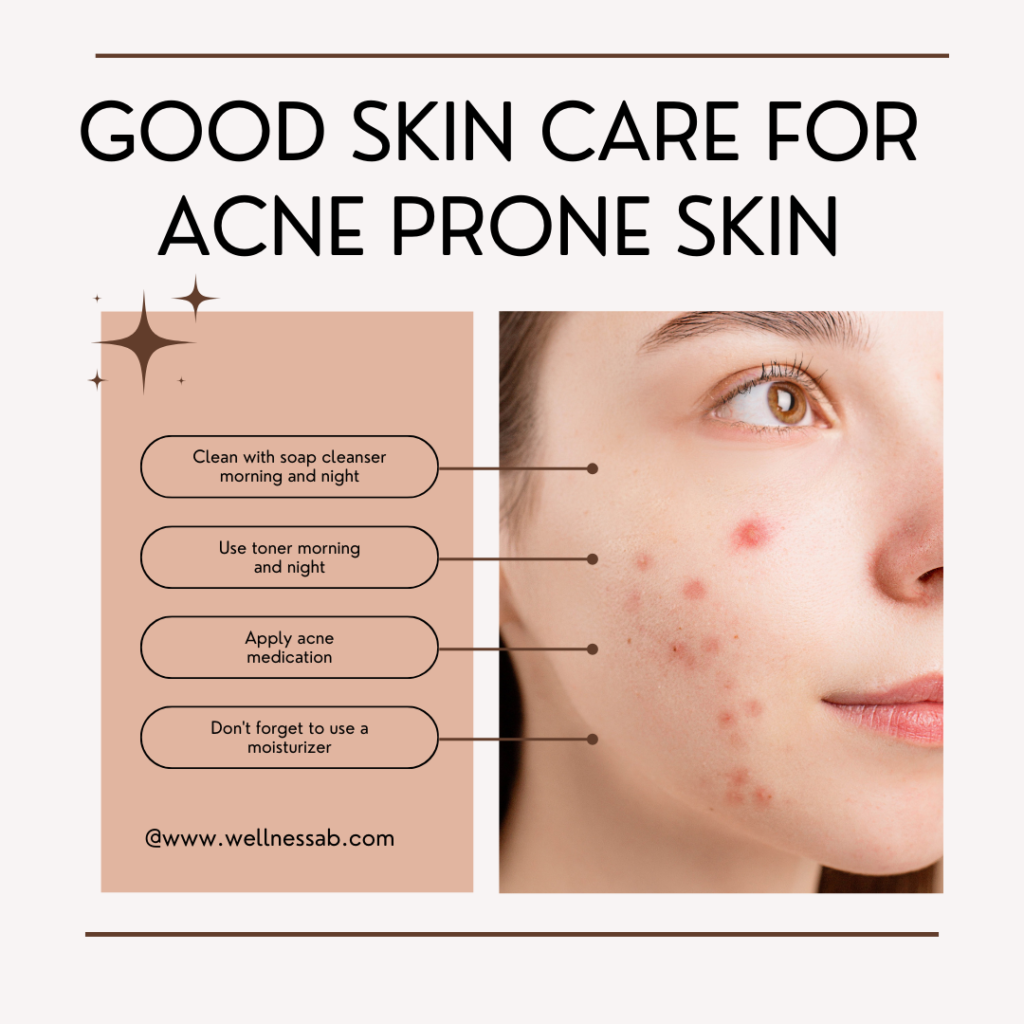
Table of Contents
Introduction
Acne-prone skin is a common yet frustrating condition that affects people of all ages. Whether you’re a teenager dealing with hormonal changes or an adult experiencing late-onset acne, the journey to clear skin can feel like a daunting battle. However, understanding the causes and effective treatments can empower you to take control and achieve a healthy complexion. This article delves into the secrets of mastering acne-prone skin, providing practical tips and insights to help you on your path to clear skin.
Understanding Acne-Prone Skin
What is Acne?
Acne is a skin condition that occurs when hair follicles become clogged with oil and dead skin cells. This leads to the formation of pimples, blackheads, and whiteheads, commonly on the face, neck, chest, and back. Acne-Prone Skin can range from mild to severe and, if not treated properly, can lead to scarring and emotional distress.
Different Types of Acne
Understanding the different types of acne can help in identifying the most effective treatments:
- Whiteheads: Closed clogged pores.
- Blackheads: Open clogged pores.
- Papules: Small red, tender bumps.
- Pustules: Pimples containing pus.
- Nodules: Large, painful lumps beneath the surface of the skin.
- Cysts: Deep, painful, pus-filled lumps.
Common Causes of Acne
Hormonal Changes
Hormonal fluctuations, particularly during puberty, menstruation, pregnancy, and menopause, can trigger acne. These changes can increase the production of sebum, an oily substance that clogs pores.
Genetics
If your parents had acne, you’re more likely to develop it as well. Genetics can influence the size and activity of your sebaceous glands, affecting how much oil your skin produces.
Diet
Certain foods, especially those high in refined sugars and dairy, have been linked to acne. Maintaining a balanced diet rich in fruits, vegetables, and whole grains can help manage acne symptoms.
Stress
Stress can exacerbate acne by increasing the production of cortisol, a hormone that can lead to increased oil production. Managing stress through techniques like meditation, exercise, and adequate sleep is crucial for clear skin.
Want Youthful Skin ?!!! Lets explore the various Anti- Ageing Techniques unfolded here..!!!
Effective Treatments for Acne-Prone Skin
Over-the-Counter Treatments
Many effective acne treatments are available without a prescription:
- Benzoyl Peroxide: Kills bacteria and reduces oil production.
- Salicylic Acid: Helps exfoliate the skin and unclog pores.
- Retinoids: Promote cell turnover and prevent clogged pores.
Prescription Medications
For more severe cases of acne, a dermatologist may prescribe medications such as:
- Topical Antibiotics: Reduce bacteria and inflammation.
- Oral Antibiotics: Treat severe acne by reducing bacteria.
- Oral Contraceptives: Regulate hormones in women.
- Isotretinoin: A powerful medication for severe, resistant acne.
Natural and Home Remedies
Many people find relief from acne using natural treatments:
- Tea Tree Oil: Has antibacterial properties.
- Aloe Vera: Soothes and heals the skin.
- Honey: Natural antibacterial and anti-inflammatory properties.
Advanced Treatments
For persistent acne, dermatologists may recommend advanced treatments:
- Laser Therapy: Reduces bacteria and shrinks oil glands.
- Chemical Peels: Remove dead skin cells and unclog pores.
- Micro needling: Stimulates collagen production to improve skin texture.
Preventive Measures for Clear Skin
Daily Skincare Routine
A consistent and gentle skincare routine is essential for managing acne-prone skin:
- Cleanse: Use a mild cleanser to remove dirt and oil twice a day.
- Exfoliate: Regular exfoliation can help prevent clogged pores.
- Moisturize: Use a non-comedogenic moisturizer to keep the skin hydrated.
- Sun Protection: Apply a broad-spectrum sunscreen daily.
Diet and Nutrition
Maintaining a healthy diet can support clear skin:
- Hydrate: Drink plenty of water to keep the skin hydrated.
- Limit Dairy: Some studies suggest a link between dairy consumption and acne.
- Eat Antioxidant-Rich Foods: Fruits and vegetables can help reduce inflammation.
Lifestyle Changes
Incorporating healthy habits into your lifestyle can prevent acne:
- Exercise Regularly: Physical activity can reduce stress and improve circulation.
- Get Enough Sleep: Aim for 7-8 hours of sleep per night to allow the skin to repair.
- Manage Stress: Practice stress-relief techniques such as yoga or deep breathing.
Expert Insights on Acne Management
Dermatologists’ Advice
Dermatologists provide valuable insights into acne management:
- Consistency is Key: Stick to your treatment plan and give it time to work.
- Avoid Picking: Picking at acne can lead to scarring and worsen the condition.
- Professional Help: Seek professional advice for persistent or severe acne.
Debunking Common Myths
Several myths about acne can lead to ineffective treatments:
- Myth: Only teenagers get acne.
- Reality: Acne can affect people of all ages.
- Myth: Tanning clears acne.
- Reality: Tanning can damage the skin and worsen acne.
- Myth: Popping pimples speeds up healing.
- Reality: Popping pimples can cause scarring and spread bacteria.
Conclusion
Mastering the challenges of acne-prone skin requires a comprehensive approach that includes understanding the causes, implementing effective treatments, and making lifestyle changes. By maintaining a consistent skincare routine, eating a balanced diet, managing stress, and seeking professional advice when necessary, you can achieve and maintain clear, healthy skin. Remember, patience and persistence are essential on this journey, and with the right strategies, clear skin is within reach.

